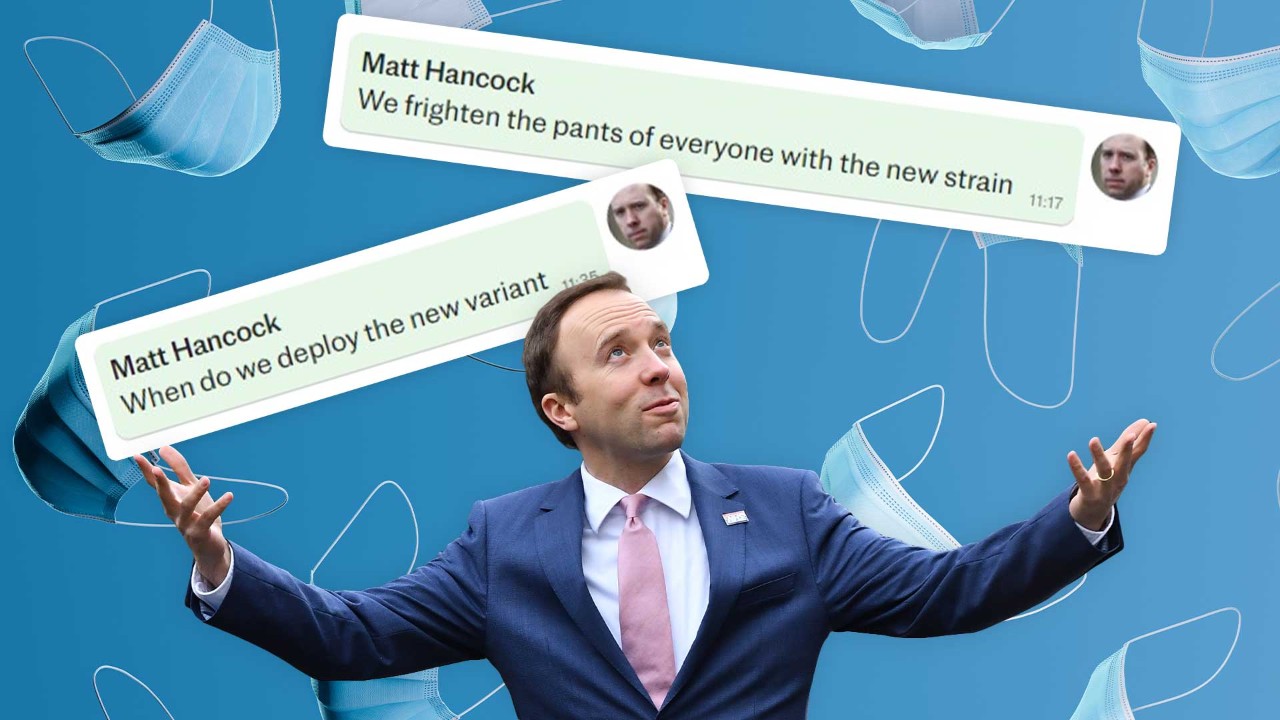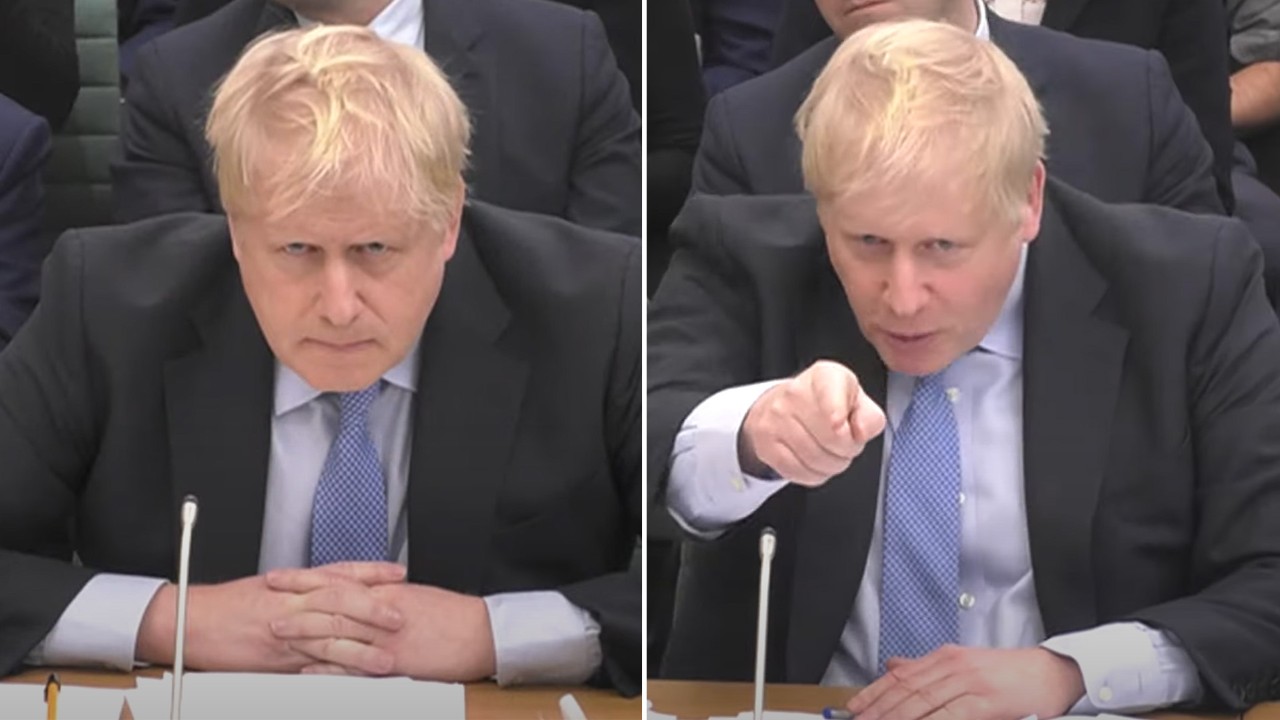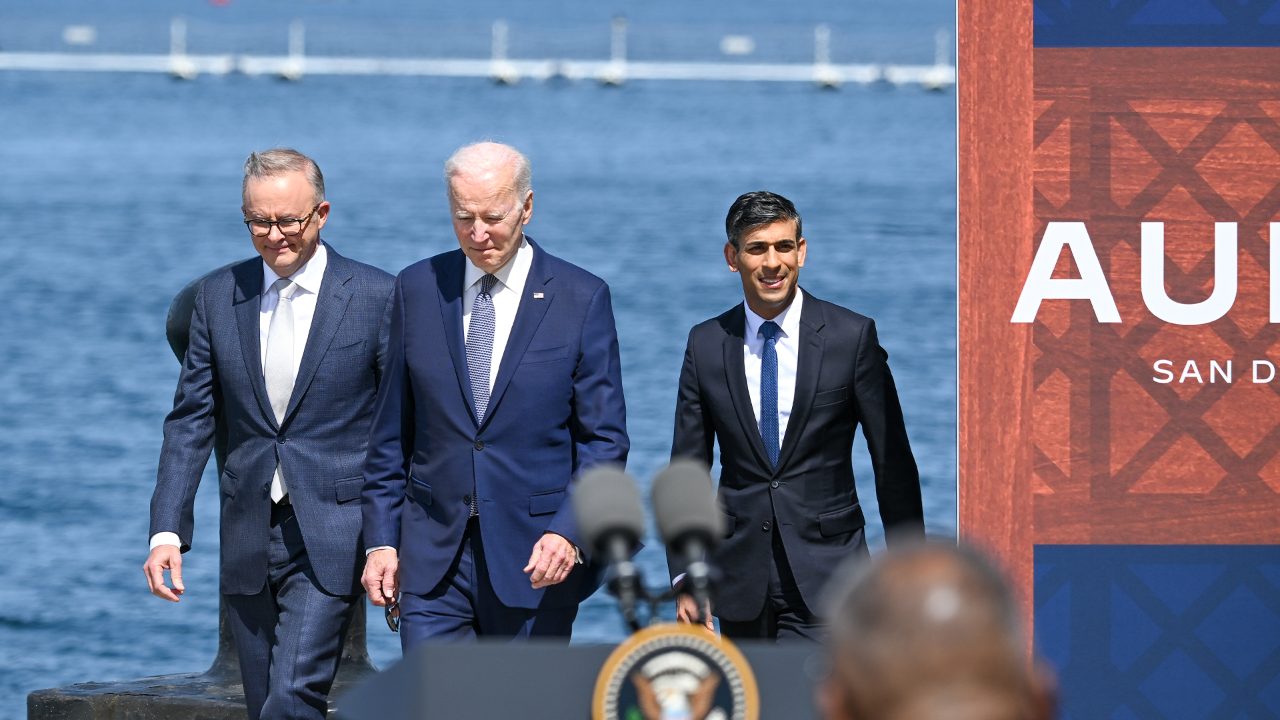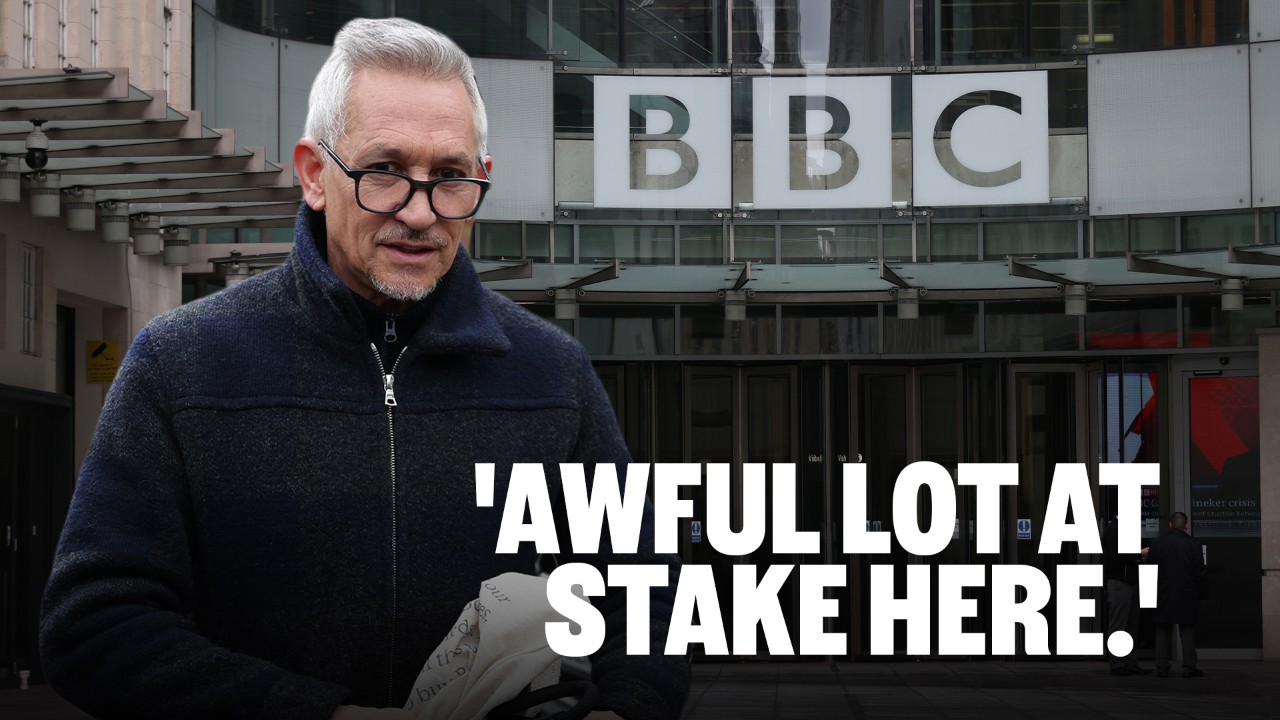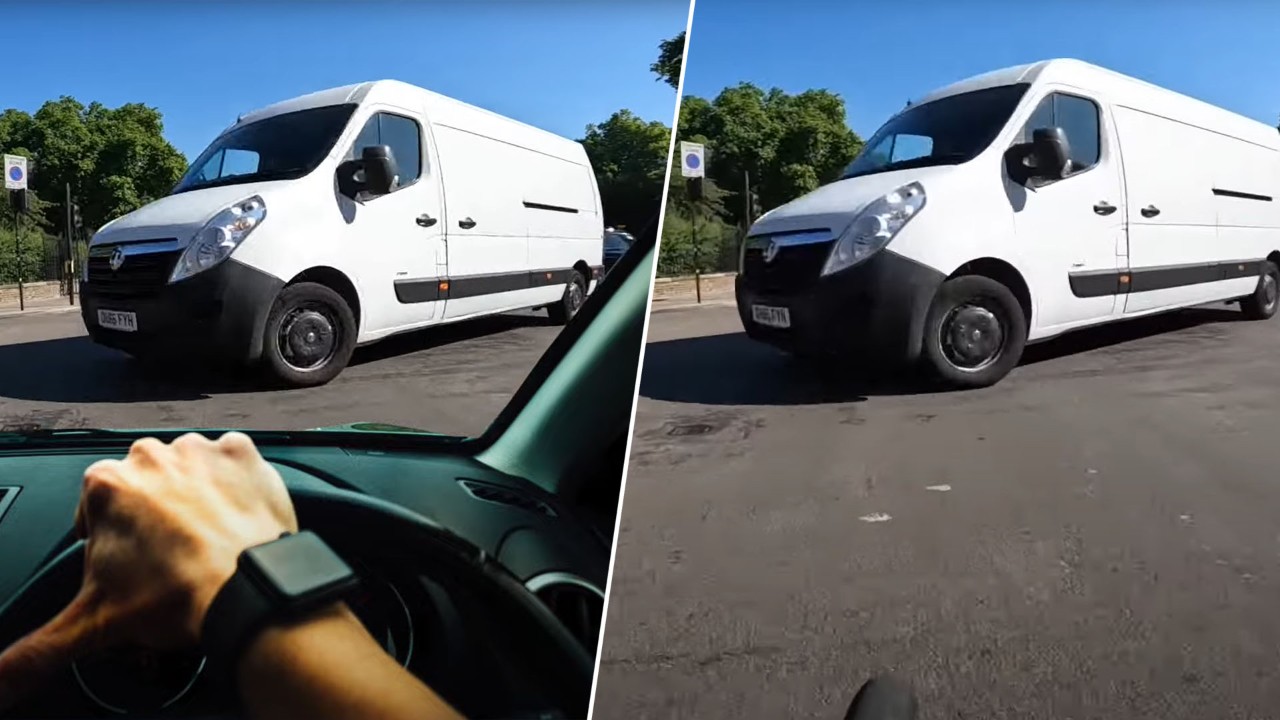A bombshell leak of 100,000 WhatsApp messages has rocked the UK political establishment, revealing the true thoughts of top politicians during the height of the pandemic.
Former Health Secretary Matt Hancock gave the messages to journalist Isabel Oakeshott but despite volunteering confidentiality, Oakeshott leaked them to the press.
The messages, which included exchanges with Prime Minister Boris Johnson, shed new light on the Government's handling of the crisis.
Perhaps the most shocking revelation was Hancock's admission that he wanted to "frighten the pants off of everyone" about COVID.
The news has caused outrage among the public, who feel they were lied to by the government during the pandemic. Many have taken to social media to express their anger.
Oakeshott told Tova O'Brien on Monday morning that the UK is referring to the scandal as "Project Fear."
"The Daily Telegraph has published the details of what's become known in this country as Project Fear amongst those who have long had concerns about the way the response to the pandemic was handled."
She referenced messages where Hancock asked an advisor when to "deploy the new variant," to "frighten" UK citizens.
"This has been almost a watershed moment in what has been a sensational few days because people now see the extent to which politicians were using this crisis, first of all, to control behaviour, secondly, to enhance their political standing.
"And there's been quite a lot of that in the revelations so far as to how our former health secretary wanted to use this crisis to burnish his political credentials and popularity.
"The casualness with which key people involved in making decisions that had a huge impact on everybody's lives here in the UK, the casualness with which they discuss these decisions without any regard in these messages between each other for the possible consequences."
Oakeshott said she wrote to the Daily Telegraph on Monday highlighting said consequences, siting a 16-year-old who took his own life as a result of isolation during the pandemic.
O'Brien raised that lockdowns were also necessary to save lives during the pandemic, and whether communicating the potential severity of the situation was important too.
"I certainly didn't object to the first lockdown," said Oakeshott.
"I think we can all have sympathy for those with a huge burden of responsibility on their shoulders in the face of an unknown. But what we did know is that this virus had the potential to be very devastating. It was certainly very dangerous to old and vulnerable people, no doubt about that.
"My view is it was right to have the early lockdowns while politicians and scientists and public health experts worked out what it was we were dealing with. But what we see in these messages is the extent to which this became a political thing. This is in the UK. I wouldn't want to comment in detail on what happened to you, but here in the UK, we had repeated lockdowns which weren't necessary because of the scale of the threat as it diminished and as the prospect of vaccines came closer.
"Crucially things like the closure of schools, which had a terrible impact on the education of a generation of children here in the UK, 100,000 children never returned to school. These are children who should still be in education, and they're now known here as the ghost children. They were lost to education forever.
"So these decisions had, whether you still think they were right or wrong, momentous impacts on our lives."
O'Brien asked Oakeshott about her decision to leak the messages, saying that it would surely hurt her trustworthiness with sources.
"What is the point of that trust If you're not able to produce big stories in the public interest?" said Oakeshott.
"It's all very well being a trusted journalist that just recycles and rehashes stories that are spoon-fed by governments as to what they want you to write. I believe that far more of the media and almost certainly in your country too should have been much more rigorous in holding the governments to account as it seized unprecedented controls over our daily lives."
She said there is a difference, legally, between signing a non-disclosure agreement (NDA) and volunteering confidentiality as part of a wider agreement.
Oakeshott told O'Brien there is "no legal basis" for Hancock to file a lawsuit against her.
"There's an overwhelming public interest defence in this case. Of course, this is something I took seriously. I've been a journalist for 20 years. I've broken some enormous stories.
"There are no big stories that don't present some kind of ethical dilemma. And it's all very well to comment on journalistic ethics if you've never faced a dilemma like this. I don't know any journalist worth the name 'journalist' that would not have published this information.
"If you think about the reputational backlash, I would have suffered if it had come to be known that I was sitting on 2.3 million words worth of secret government communications, and I didn't publish those to protect the reputation of a discredited former health secretary. I think the judgement on me would have been damning."
She said Hancock had told her she "made a mistake" in the early hours of the morning following the leak.
"He did message me in the hours after the first story broke - 1:20 am when I was not sleeping very well at all, saying 'you have made a big mistake.'
"I think it was him that made the mistake to put all his stuff in WhatsApp and then not expect a journalist worthy of the name to want to put the most important information that is quite demonstrably in the public interest out there."
Whether the New Zealand public gets to see WhatsApp or any other off-the-record group messaging between government officials surrounding the COVID-9 response is yet to be seen.
Listen to the full interview between UK journalist Isabel Oakeshott and Tova above.
You can also download the full interview on the Tova podcast, and listen on the go. Download the rova app on apple or android to listen to this podcast on the go, or anywhere else you get your podcasts.

